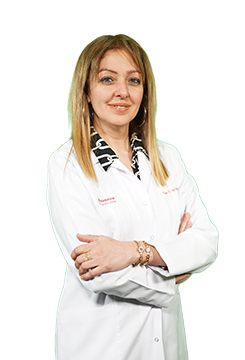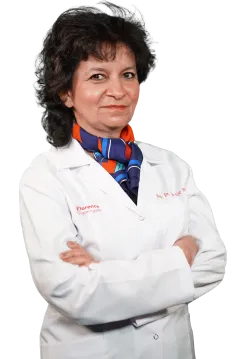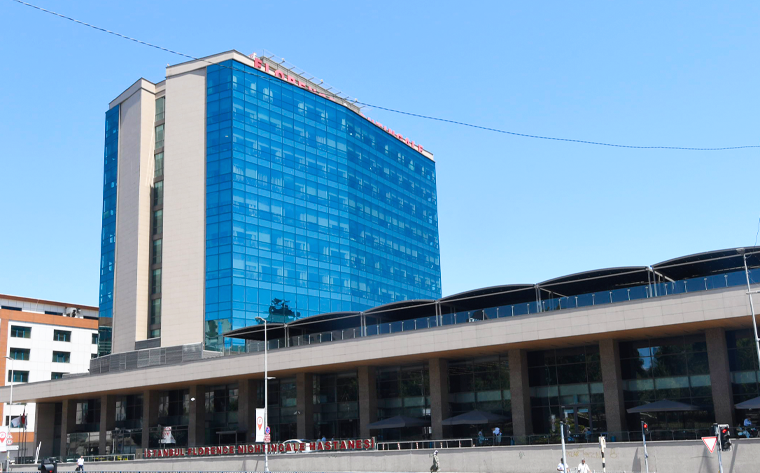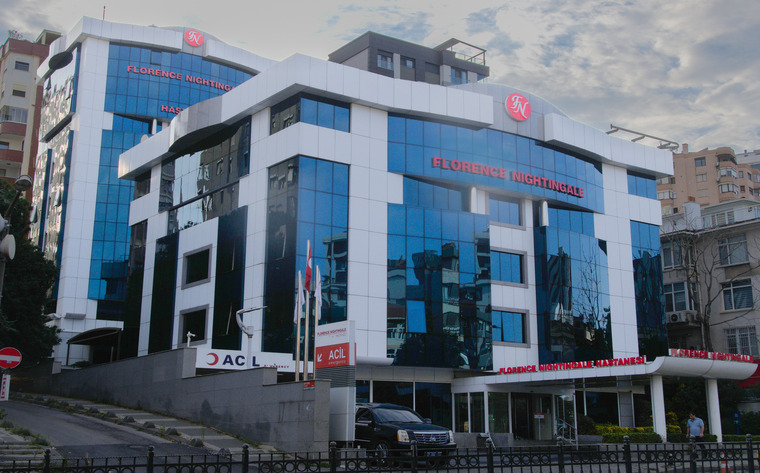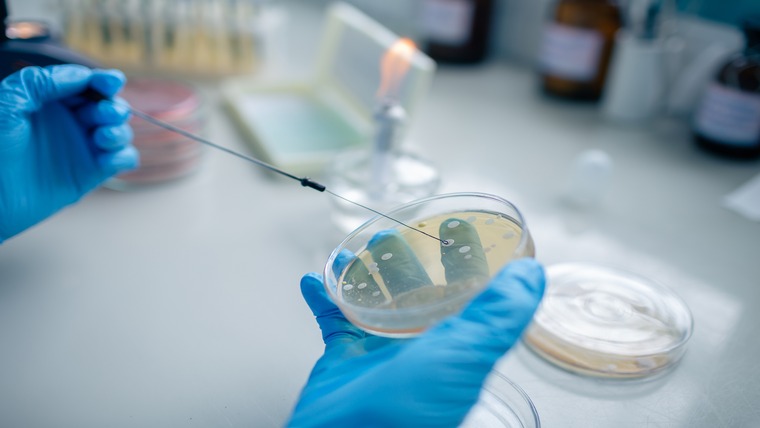
What is the Department of Infectious Diseases and Clinical Microbiology?
The department of Infectious Diseases and Clinical Microbiology is an important branch of medicine that deals with the diagnosis, treatment and prevention of diseases caused by microorganisms. This department studies and manages infections caused by pathogens such as bacteria, viruses, fungi and parasites.
According to a 2019 report by the World Health Organization (WHO), infectious diseases are the cause of approximately 20% of deaths worldwide. This statistic highlights the importance of the field of Infectious Diseases and Clinical Microbiology.
About the Department of Infectious Diseases and Clinical Microbiology
The Department of Infectious Diseases and Clinical Microbiology is critical to the diagnosis, treatment and control of infectious diseases. By combining clinical practice with laboratory studies, it enables rapid and accurate identification and management of infections. This department plays a critical role in controlling epidemics and protecting public health.
The group is working in the Clinical Microbiology Laboratory of Florence Nightingale Hospitals;- Bacteriology (science of bacteria),
- Virology (science of viruses),
- Vicology (science of mycology),
- Parasitology (science of parasites),
- Tests related to serology (the science that investigates antibodies formed against microorganisms in the blood) are performed.
- Diagnosis and treatment of infectious diseases
- Antimicrobial resistance surveillance
- Control of hospital infections
- Management of vaccination programs
Who is an Infectious Diseases and Clinical Microbiology Specialist and What Are Their Duties?
An Infectious Diseases and Clinical Microbiology specialist is a physician who has received special training in the diagnosis, treatment and prevention of infectious diseases. These specialists are responsible for identifying various infectious agents, monitoring the course of diseases and determining appropriate treatment methods.
Their duties include:- Diagnosis and treatment of complicated infection cases
- Administration of antimicrobial therapies
- Control and prevention of hospital infections
- Outbreak management and epidemiological studies
- Management of infections in immunocompromised patients
What Diseases Does Infectious Diseases and Clinical Microbiology Treat?
The department of infectious diseases and clinical microbiology looks after a wide range of infectious diseases.
These diseases include:- Bacterial Infections: Diseases caused by bacteria, such as urinary tract infections and skin infections.
- Viral Infections: Diseases caused by viruses. Includes infections such as flu, COVID-19, hepatitis.
- Fungal Infections: Diseases caused by fungi.
- Parasitic Diseases: Infections caused by parasites. Includes diseases such as malaria, toxoplasmosis, amoebic dysentery.
- Hospital Infections: Infections that develop during hospitalization. Such as catheter-related infections, surgical site infections.
- Travel-Associated Infections: Infections that occur after travel.
- Sexually Transmitted Infections: Diseases transmitted through sexual contact. Includes infections such as HIV, syphilis, and gonorrhea.
- Bloodborne Infections: Infections caused by microorganisms that enter the bloodstream. Sepsis is the most important example.
When Should You Go to the Infectious Diseases and Clinical Microbiology Department?
Situations where it is appropriate to apply to the Infectious Diseases and Clinical Microbiology department are as follows:
- Fever of unknown origin: In cases of high fever that is prolonged (usually more than 3 weeks) and of unknown cause. This may be a sign of a serious underlying infection and requires specialist evaluation.
- Symptoms that develop after travel: Symptoms such as fever, diarrhea, and rash that occur after traveling abroad. These conditions may be indicative of infections specific to the region traveled to.
- Infections that develop in immunocompromised patients: Infections that develop in patients with weakened immune systems, such as those receiving HIV, cancer treatment or organ transplantation. These patients are more vulnerable to opportunistic infections and require a special approach.
- Infections with suspected antibiotic resistance: Infections that do not respond to standard antibiotic therapy. These situations suggest the presence of resistant bacteria and may require special antibiotic selection.
- Hospital-acquired infections: Infections that develop during hospitalization or shortly after discharge. These infections are often more resistant and can be difficult to treat.
- Chronic or recurring infections: In cases of long-standing or frequently recurring infections. This may suggest an underlying immune system problem or a source of chronic infection.
- Persistent cough and shortness of breath: A cough and shortness of breath that last more than a few weeks, especially if accompanied by fever and sputum production, may indicate a serious respiratory infection. These symptoms may indicate diseases such as pneumonia or tuberculosis.
- Burning urination and frequent urination: These symptoms usually suggest a urinary tract infection. However, in cases that do not respond to standard treatment or are frequent, there may be another underlying problem and specialist evaluation may be required.
- Skin redness, swelling, and pain: Signs of a rash, especially if it spreads rapidly or is accompanied by a fever, may indicate a serious skin infection, such as cellulitis. In some cases, it may also be a skin manifestation of a systemic infection.
- Sudden weight loss and loss of appetite: Weight loss, especially if accompanied by unexplained fever and night sweats, may be a sign of chronic infections such as tuberculosis or HIV. It can also occur with serious infections that affect the immune system.
In the presence of these symptoms, it is important to consult the Infectious Diseases and Clinical Microbiology Department. An expert evaluation can help identify the underlying infectious causes and initiate appropriate treatment.

